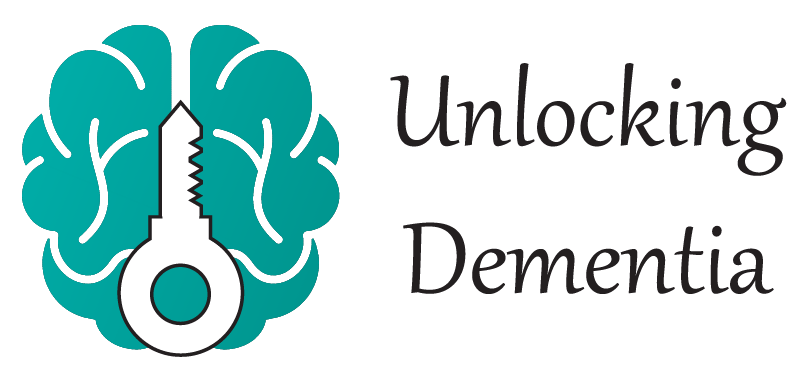Frontotemporal dementia (FLD) or frontotemporal lobar dementia (FTLD) is an umbrella term for uncommon brain disorders that impacts the frontal and temporal lobes of the brain. These lobes are generally associated with personality, behavior, and language. Symptoms vary but usually, the patient has dramatic personality changes and becomes socially inappropriate or impulsive, or emotionally indifferent. Often the language is lost or becomes intelligible.
Frontotemporal dementia is often misdiagnosed initially as a psychiatric problem or as Alzheimer’s disease because of similar symptoms. Frontotemporal dementia often begins between the ages of 40 and 65 and may be referred to as Early Onset dementia. Progression is slower than most dementias and symptoms appear gradually.
Less common, is frontotemporal lobar dementia (FTLD). Often first symptoms appear as changes in language or behavior. These are obvious changes that can hide a simultaneous memory problem. This type of dementia is often mistaken for depression, mania, personality disorder, or substance abuse because of the personality or behavior changes. It is important to get a clear and accurate diagnosis because treatment is somewhat different for FLD or FTLD.
Although there have been documented cases in the twentieth century, FTLD has only recently been appreciated as a leading cause of dementia, particularly in patients presenting before the age of 65 years. Three distinct clinical variants of FTLD are behavioral, characterized by behavior and personality changes, semantic dementia, characterized by knowledge loss of words and objects, and progressive non-fluent aphasia, characterized by the loss of grammar and the ability to speak.
Behavioral changes include increasingly inappropriate social behavior; loss of empathy and other interpersonal skills that can be mistaken for depression; lack of judgment; loss of inhibitions; repetitive actions such as drumming fingers, smacking lips, or clapping hands; decline in personal hygiene; change in eating habits either overeating, craving sweets and carbohydrates or ingesting inedible objects; and compulsively putting items in the mouth.
Speech and language problems include increasing difficulty using and understanding written and spoken language (finding the right word or name); substituting a general term such as “it” for a specific word; unable to know the meaning of a word; hesitant or staccato speech; and mixing sentence structure.
More subtypes of frontotemporal dementia are characterized by problems with movement, similar to those associated with Parkinson’s disease or amyotrophic lateral sclerosis (ALS), often called Lou Gehrig’s disease. Symptoms may include tremors, rigidity, muscle spasms and weakening, poor coordination, difficulty swallowing, or inappropriate laughing or crying.
We are still in the early stages of research in frontotemporal dementia. Both frontal and temporal lobes of the brain shrink. Additionally, certain substances accumulate in the brain and currently, there is no known cause for those changes. There are genetic mutations that have been linked to frontotemporal dementia. But more than half of the people who develop FLD have no family history of dementia. Research has confirmed shared genetics and molecular pathways between frontotemporal dementia and amyotrophic lateral sclerosis (ALS). More research needs to be done to understand the connection between these conditions.
The risk of developing frontotemporal dementia is higher if there is a family history of dementia. Currently, there are no other known risk factors.
